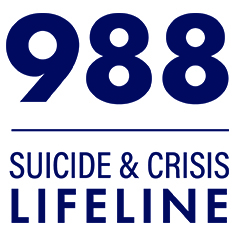Childhood Trauma and its Lifelong Health Effects More Prevalent among Minorities
October 12, 2018
The largest national study of its kind found that some groups are at increased risk of adverse childhood experiences. Researchers used data from more than 200,000 people who answered questions about traumatic events in their childhood. Such events included parental separation or divorce; physical, emotional, or sexual abuse; domestic violence; and living with someone who has a mental or substance use disorder. The researchers found that three out of five participants had at least one adverse experience in their childhood. Those who identified as Black or Latino, had less than a high school education, or made less than $15,000 a year were more likely to have experienced a greater number of childhood adversities. Those who identified as multiracial or gay, lesbian, or bisexual were found to be at highest risk. “Nobody is immune to adverse experiences in childhood, but for some population groups, they’re a larger burden of childhood adversity than others,” said Jack Shonkoff, a professor of child health and development at the Harvard T.H. Chan School of Public Health. “We need to focus on targeting limited resources to the people at greatest risk, and making sure those resources go into programs that reduce or mitigate adversity.”
Spark Extra! Read the study abstract.
